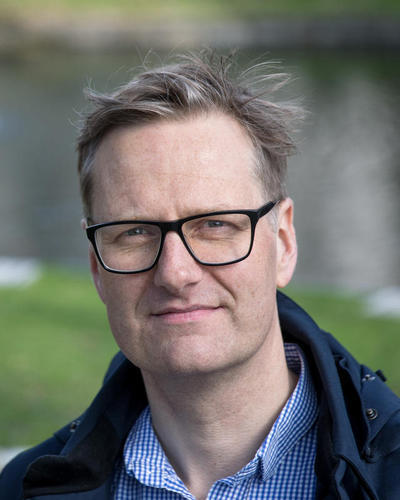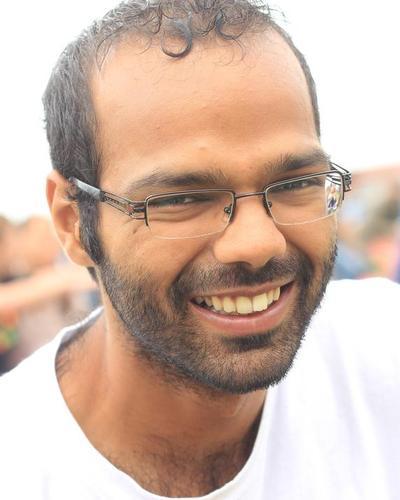Cities in climate and energy transformations
This course examines what roles cities and urban regions play in climate and energy transformations. The world is urbanising rapidly. At the same time, the world must accelerate climate action – and cities are key actors to deliver much requisite action.
Hovedinnhold
Course leaders
Siddharth Sareen, Postdoctoral Research Fellow at the Department of Geography and the Centre for Climate and Energy Transformation.
Håvard Haarstad, Professor in human geography, and Director of the Centre for Climate and Energy Transformation (CET).
Lecturers
Natalie Gulsrud, University of Copenhagen
Bjørn Enge Bertelsen, University of Bergen
Yasmeen Arif, Dehli School of Economics
Jens Kandt, University College London
Cities have critical policy tools at their disposal. A C40 report identifies major opportunities such as decarbonising the electricity grid, optimising building energy use, enabling sustainable mobility and improving waste management.
Cities are also important political change arenas. While many national leaders have sidestepped climate commitments, city leaders have stepped up theirs. City networks equip ambitious leaders and planners locally and globally, enabling shared resources, ideas and experiences. Cities host civil society climate politics, ranging from youth-led ‘climate strikes’ to ‘yellow vest’ protests. These contentious forces behind urban change merit critical examination.
Learning outcomes
Course participants and faculty will unpack a well-rounded understanding of how cities and urban regions are shaping the global trajectory of climate and energy transformations.
Our guiding questions are:
- Who accelerates situated urban transformations and how?
- Why and how does resistance and backlashes against sustainability transformations arise?
- How does urban climate action impact equity and justice?
The course uses lectures, group discussions, video content and workshops with concrete examples that reflect and advance our collective thematic understanding. Through innovative techniques, we channel insights from participants’ projects and seek to engender actionable knowledge.
Credits
Participation at the BSRS is credited under the European Credit Transfer System (ECTS). Participants submitting an essay, in a form of a publishable manuscript of 10-20 pages, after the end of the summer school will receive 10 ECTS. Submissions for this course are due by 29 May 2020, to permit course participants and faculty to read submissions, which will be circulated internally one week before the course begins.
It is also possible to participate without producing an essay. This will give you 4 ECTS. In order to receive credits, we expect full participation in the course-specific modules, plenary events and roundtables.
Håvard Haarstad is a professor in human geography, and has broad interests in sustainability, climate change and energy, particularly in relation to cities. He is Director of the Centre for Climate and Energy Transformation (CET). His key interests follow two strands. Firstly, he is examining how mobile ideas and policies are shaping the way cities are becoming sustainable. Secondly, he is interested in developing social theory on climate and energy transformation - the conditions that shape society’s shift to more sustainable forms of energy use.
Siddharth Sareen Siddharth Sareen is a human geographer at the University of Bergen, where he holds a postdoctoral research fellowship at the Department of Geography and the Centre for Climate and Energy Transformation. His training is in development research and political ecology. He studies the governance of energy transitions, leads a project on solar uptake in Portugal, and supports another on smart grid development in Norway. He has worked in seven countries and established an international, interdisciplinary research profile on resource and energy governance.

